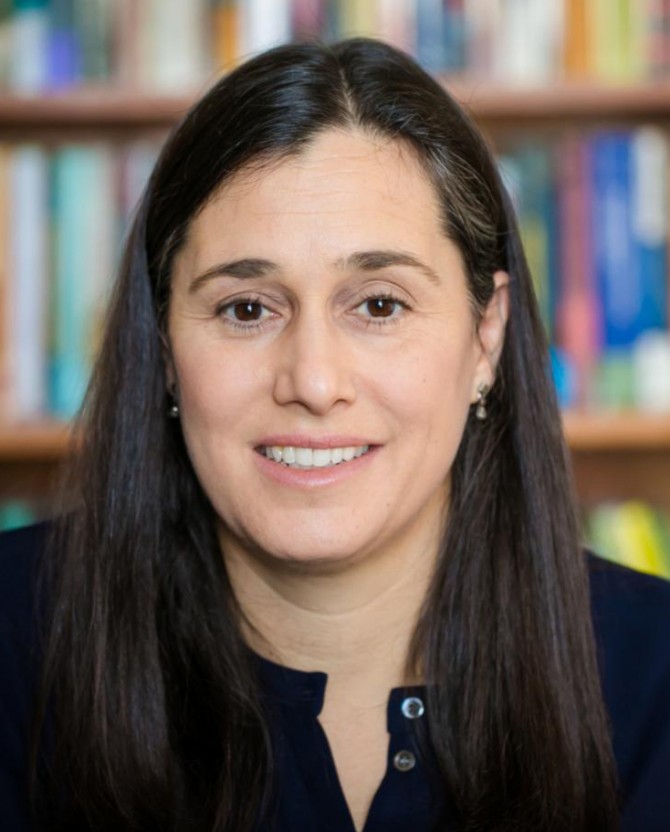Cities that support informal workers are trending
By Edith Fikes
A small but growing number of international cities are taking more inclusive approaches for informal workers – such as home-based workers, street vendors and the self-employed – and their economic activities, according to a working paper published by the World Resources Institute.
“Including the Excluded: Supporting Informal Workers for More Equal and Productive Cities in the Global South,” by Cornell associate professor of city and regional planning Victoria A. Beard and co-author Martha A. Chen of Harvard University, documents this trend. Informal workers comprise 46 to 85 percent of total employment in selected cities in Africa, Latin America, India and Vietnam. The authors include studies of advocacy campaigns and legal struggles that have been mounted by organizations of informal workers and supported by coalitions of allies.
“We need more equal cities,” Beard said of the impetus for her work. “Those that have equitable access to resources like housing, energy, water and sanitation are more economically productive and more environmentally sustainable. There are a lot of negative externalities and inefficiencies when people don’t have access to core urban services and they self-provision those services.”
The working paper appeared earlier this year in the World Resources Institute’s “Toward a More Equal City” series, and has since been cited by a number of international news outlets including Politico, Fast Company, All Africa, The New Indian Express and Independent Online Business Report.
During a two-year leave from Cornell from 2015-17, Beard led the Toward a More Equal City initiative of the World Resources Report as director of research for the Ross Center for Sustainable Cities. She was lead author on the framing paper for Toward a More Equal City, launched at the Habitat III conference in Quito, Ecuador, in 2016. The initiative focuses on solutions for struggling and emerging cities. Beard maintains her affiliation with the World Resources Institute as a fellow.
Beard’s research and practice focus on access to urban infrastructure and services, community-based planning and urban poverty. She is co-authoring two papers as part of the WRR series, one on access to potable water and another on fecal sludge management in cities in the “global south.”
Beard also leads analytical work on eight city-level case studies of how urban transformation happens – or why it does not happen.
“These case studies are not ‘best practice,’ but instead examine under what conditions virtuous cycles of change are stalled or regress,” Beard said. “This body of work recognizes that cities need transformative change that transcends specific urban sectors and political administrations. Many cities do not have the financial resources to meet the service needs of their growing urban populations. The lack of access to urban services affects all income brackets to varying degrees and undermines the economic productivity and environmental sustainability of the city as a whole.”
Edith Fikes is a writer for the College of Architecture, Art and Planning.
Media Contact
Get Cornell news delivered right to your inbox.
Subscribe

